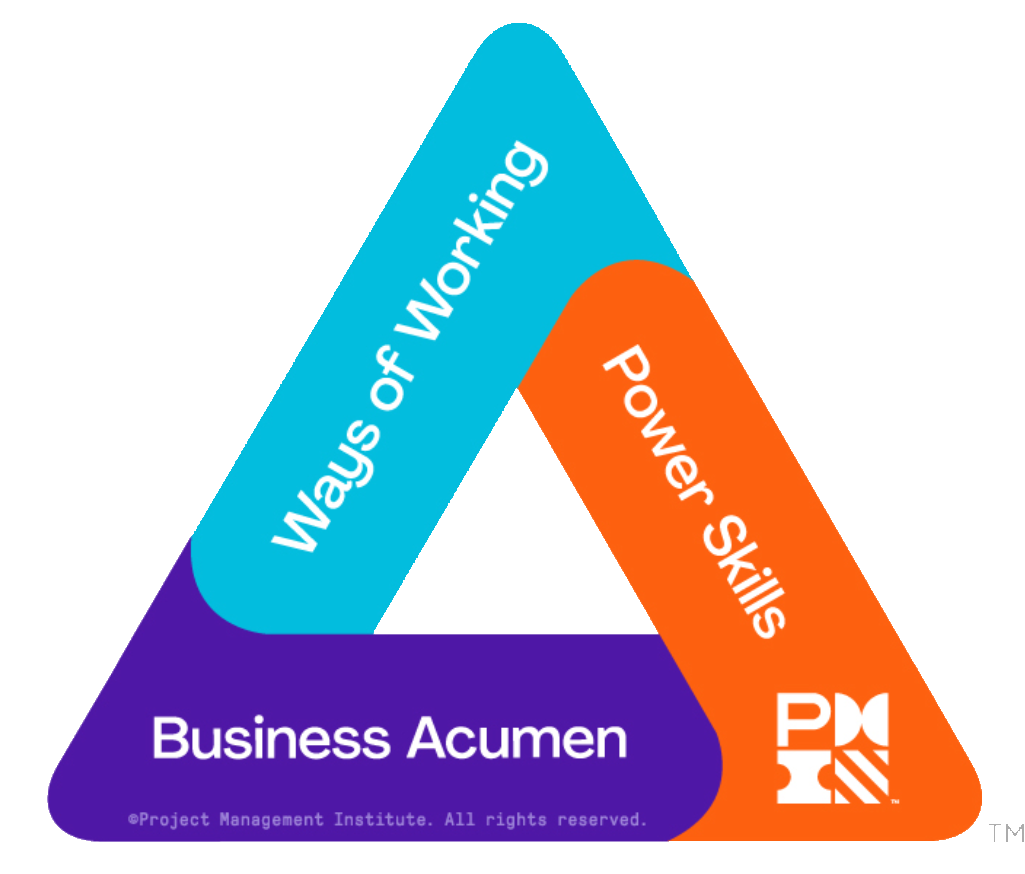
This workshop is for individuals or teams who are concerned with increasing quality, efficiency and customer satisfaction through system and process improvements. The workshop provides basic skills and detailed knowledge of process analysis from customer survey through implementation of process improvements.
Improving processes is the single most effective approach to satisfying your customers, external and internal, through improving quality, reducing delivery time and lowering costs. Potential short-term and long-term gains in all facets of your business are enormous.
This 2-day workshop is designed around participation in a realistic simulation of a production process from customer orders to delivery. The workshop begins with the participants as employees of the simulated “company.” Their initial attempt, and predictable failure, to produce a quality product and satisfy their customer is then analyzed by the participants using Process Improvement methodology. The simulation is conducted again, using pre and post metrics to document improvements in quality and delivery times. The simulated “company” produces a “soft” product and incorporates both administrative and production processes.
Participants will gain the ability to be able to:
Individuals or teams who are concerned with increasing quality, efficiency and customer satisfaction through system and process improvements.
This course has no prerequisite.
You will receive a course binder containing a copy of the presentation slides.
DAY ONE:
Analysis of the simulated operation
Discussion of the need to document and understand the existing processes before attempting to simplify them
Applying a 10-step structure approach to identify and analyze “trouble spots” in a process
DAY TWO: Rerun of the simulation with recommended improvements installed
Discussion of a product-driven “push” operation vs a process and customer-driven “pull” operation
Bring it all together in a final run of the simulation in which quality products are produced and delivered on time
|
Course ID: PM-0114
Course Level: Beginner
Duration: 2 days
Sessions not found.
 The following table provides the breakdown of the professional development units (PDUs) for this course aligned with the PMI Talent TriangleTM.
The following table provides the breakdown of the professional development units (PDUs) for this course aligned with the PMI Talent TriangleTM.
| WoW | PS | BA | |
| PMP | 2.5 | 0 | 11.5 |
| PgMP | 2.5 | 0 | 11.5 |
| PfMP | 2.5 | 0 | 11.5 |
| PMI-ACP | 2.5 | 0 | 11.5 |
| PMI-SP | 2.5 | 0 | 11.5 |
| PMI-RMP | 2.5 | 0 | 11.5 |
| PMI-PBA | 2.5 | 0 | 11.5 |
The three columns in the above table are Ways of Working, Power Skills & Business Acumen.
Other professional (re)certification credits are available, including: